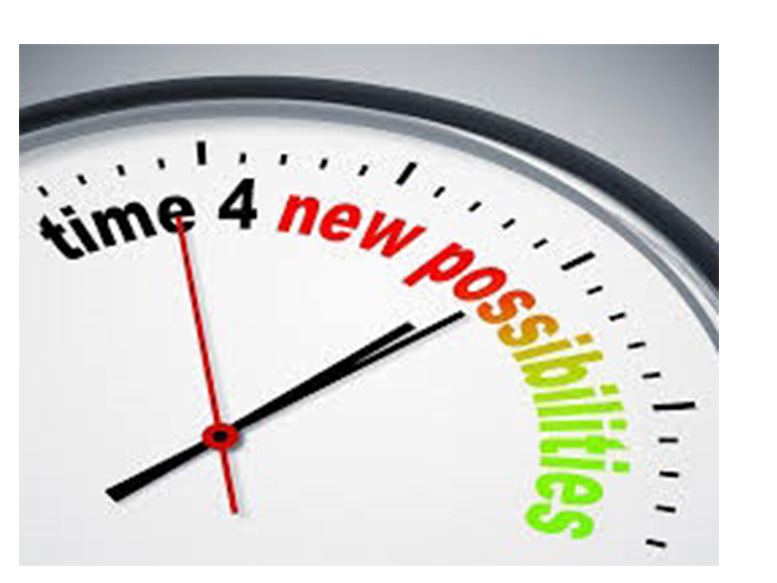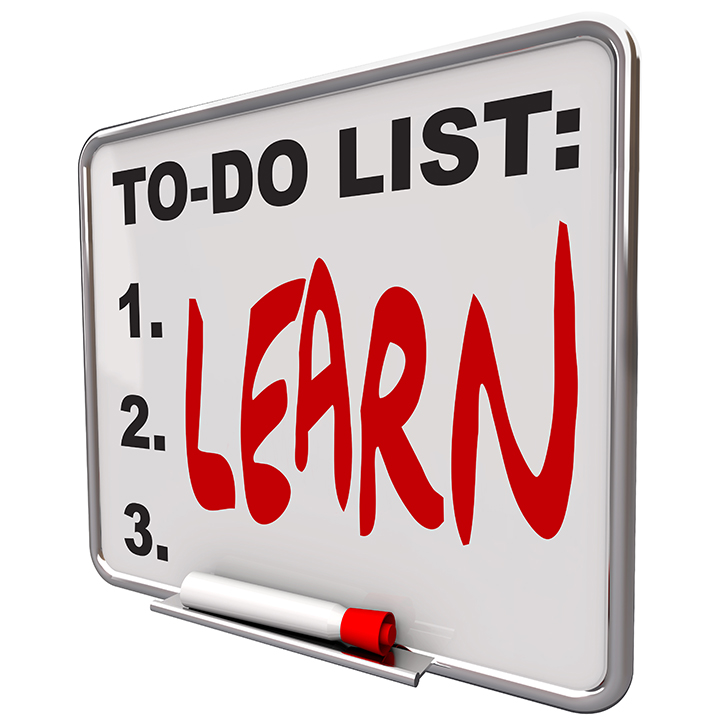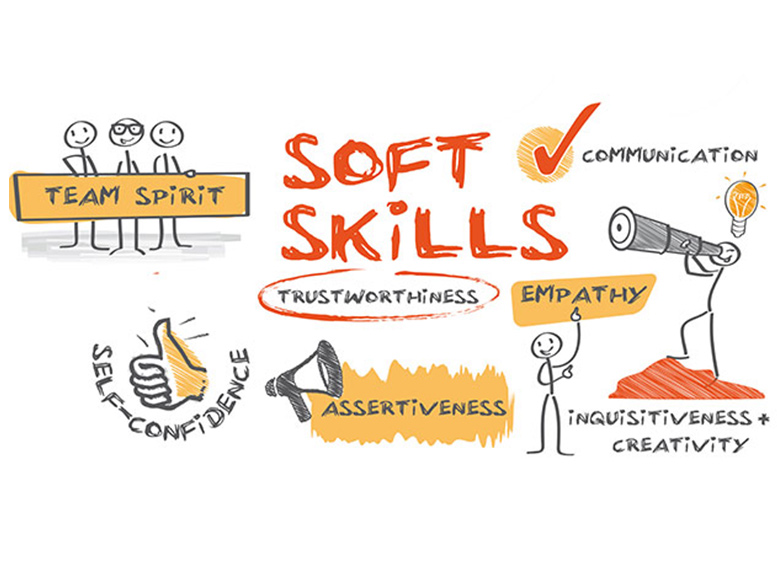 You’ve done a lot of work to make your resume focused and compelling. You’ve networked. You’ve found what you consider to be the perfect position and you’ve landed an interview. But you’re not done yet! Repeat these three little words after me: Prepare, prepare, prepare! Here’s how.
You’ve done a lot of work to make your resume focused and compelling. You’ve networked. You’ve found what you consider to be the perfect position and you’ve landed an interview. But you’re not done yet! Repeat these three little words after me: Prepare, prepare, prepare! Here’s how.
Learn everything you can about the organization. Review their website. Read their annual report. See whether anyone in your network has information about culture or challenges. Understand their products or service offerings. Know their competitors and core competencies. What are their goals and objectives? How could you help them achieve them? What are their pain points? How could you help? Think about how you can help your interviewer picture you as part of their team.
Create a 60-second personal infomercial. Often the first question is: “Tell me about yourself.” This is NOT the time to launch into the highlights of “My Life So Far.” This is the time to respond with a prepared but fluent 60-second response that briefly summarizes who you are (profession), your expertise, your strengths and the scope of your experience. Make it short. Make it snappy. Make it YOU and practice, practice, practice. Prepare a basic one and then tweak it to map to the position you are interviewing for.
Leverage the Rule of 3. People have a tendency to remember things in threes. Think about the top three accomplishments that you want your interviewer to hear – and to remember. Be sure they relate to the position. Practice saying them to yourself (or to someone helping you prepare) so they’re at-the-ready in your brain even if you’re nervous. Write them down. Even better. Whatever happens in the interview, if you get these three accomplishments across you will have succeeded.
Prepare answers. Think about questions that might come up in the interview and prepare answers. Think back on previous interviews and any questions that caught you off guard. Be ready this time. Prepare for behavioral questions by jotting down specific examples of how you have demonstrated your skills and competencies. Do a search online for the most commonly asked questions. Prepare an answer for: “What is your weakness?” Be prepared to say how you are addressing it. And prepare an answer to the salary question. It comes up much sooner these days. Do some research and at least be prepared to give a range.
Prepare questions. Remember, you are interviewing them as much as they are interviewing you. Ask questions that couldn’t have been answered by your research on their website.
Lock down logistics. Know where you’re going. Do a trial run, if necessary. Consider the traffic at that time of day. Plan to arrive 10 minutes early. Prepare what you’re going to wear. Know whom you’ll use as references. Make additional, clean copies of your resume. If possible, get the names and positions of all the people you’ll be interviewing with. Use LinkedIn to learn a little about them. When they become a “familiar face” you will feel more comfortable.
Interviews can be stressful no matter how many years you’ve been doing them. But the more you are prepared, the more you practice, the easier and more successful they will be.
Till next time,
Karen







